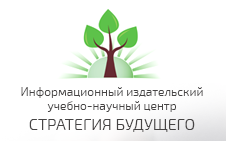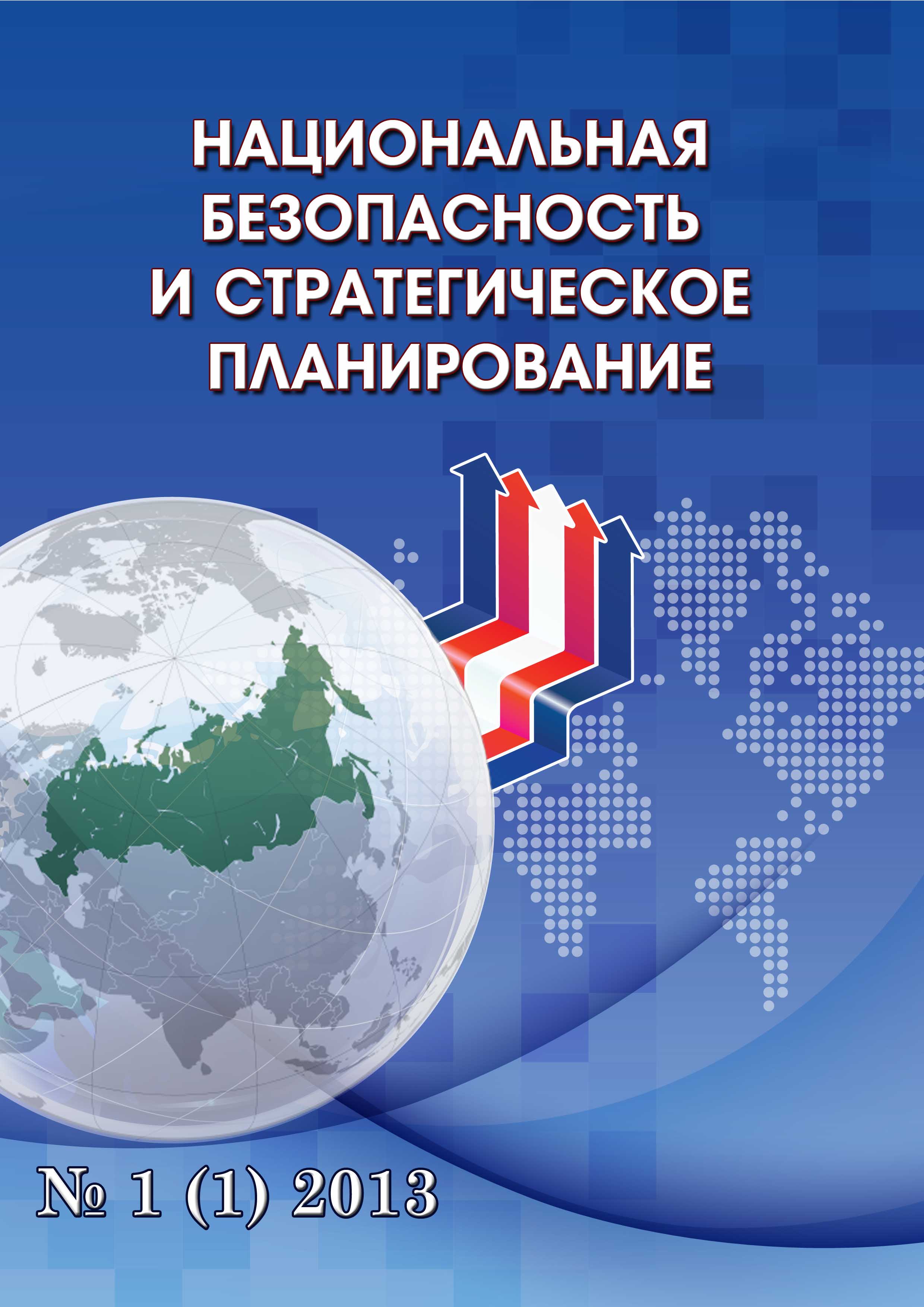Russian Federation
Russian Federation
Russian Federation
The article considers the problem of modern global ecological crisis and its possible consequences. It is pointed out that the main cause of the crisis is the contradiction between the Earth's biosphere and the artificial habitat (technosphere) created by mankind. A review of the most generally accepted concept of overcoming the crisis of the biosphere is given and the scientific unreasonableness of the widespread idea of the necessity of a radical reduction in the population of the planet for the sustainable development of civilization is shown. An alternative concept of conflict-free overcoming of the global crisis, survival and further development of mankind based on the ideas of domestic environmental scientists is proposed. The assumption is made that as a result of implementation of the proposed concept, mankind will move to eco-civilization through a global civilizational ecological revolution, the first stage of which may be the greening of the technosphere and its transition to nature-like eco-technosphere. On the example of China the practical steps of transition to ecocivilization are shown. A possible plan for the ecologization of the technosphere in Russia as the first step towards the construction of ecocivilization is presented.
ecocivilization, technosphere, ecologization, nature-like, globalization, coevolution, ecological crisis, ecological catastrophe, ecological revolution
1. Ivanchenko E.A. Enhancement of eco-ecological safety of buildings as a priority concern of the state // National security and strategic planning. – 2020. –No 3(31). – p. 121-126. – DOI https://doi.org/10.37468/2307-1400-2020-3-121-126. (In Russ.)
2. Gorshkov, V.G. Physical and biological bases of life stability / Ed. by K.S. Losev. – M.: VINITI, 1995. – 470 p. (In Russ.)
3. Kerzhentsev A.S. Global ecological crisis. Article on the site «Functional Ecology». [Electronic resource]. URL: https://functecology.ucoz.ru/blog/globalnyj_ehkologicheskij_krizis/2014-03-29-4 (accessed: 26.05.2024). (In Russ.)
4. Kerzhentsev A.S. Biosphere metabolism – eternal engine of life: Universal mechanism of functioning of living systems. – Beau Bassin: Lap Lambert Academic Publishing, 2018 – 111 p. – ISBN: 978-6134959285. (In Russ.)
5. Yunitsky A.E. Civilisation capacity of the space house named planet Earth / Proceedings of the IV international scientific and technical conference «Rocketless industrialization of near space: problems, ideas, projects». – Minsk: State Enterprise «StroyMediaProject», 2022. – p. 23-74. (In Russ.)
6. Meadows D.H., Meadows D.L., Randers J. Limits of growth: 30 years later / Translate from Engl. by E.S. Oganesyan; ed. by N.P. Tarasova. – 3rd ed. – M.: BINOM. Laboratory of Knowledge, 2014. – 361 p. ISBN 978-5-9963-2577-1. (In Russ.)
7. Adamchik M.V. 50 Versions of the destruction of Humanity. – Minsk: Harvest, 2006. - 224 p. (In Russ.)
8. Yankovskaya E.S. Sustainable development trajectory of the Russian Federation // National security and strategic planning. – 2023. – No. 1(41). – P. 60-70. – DOI https://doi.org/10.37468/2307-1400-2023-1-60-70. – EDN HQZESX (In Russ.)
9. Akimova T.A. On the bankruptcy of world diplomacy for sustainable development. Historical aspect // Ecology and Life. 2020. [Electronic resource] URL: http://www.ecolife.ru/zhurnal/articles/51996/ (accessed: 26.05.2024). (In Russ.)
10. Lovelock J. The Revenge Of Gaia: Why The Earth Is Fighting Back And How We Can Still Save Humanity. – Penguin UK, 2007. – 240 p. – ISBN 9780141025971.
11. Bobylov Yu.A. Ahead of «world genocidal biological wars» or «new face of civilization»? // National Security and Strategic Planning. – 2019. – No. 1(25). – P. 10-22. – EDN KFVYHV (In Russ.)
12. Möbius K. Die «Auster und die Austernwirtschaft». – Berlin: Wiegang, Hempel und Parey, 1877. – 126 p.
13. Vernadsky V.I. Life Description. Selected works. Memories of contemporaries. Judgements of descendants. (Ser. «Discoveries and Fates»). – M.: Sovremennik, 1993. – 688 p. (In Russ.)
14. Armand A.D., Lurie D.I., Zherikhin V.V. et al. Anatomy of crises. – M.: Nauka, 1999. – 238 p. (In Russ.)
15. Gare A. Ecocivilization and ecopoiesis: creating a peaceful world order // Ecopoiesis: Eco-Human Theory and Practice. – 2022. – V.3, No.1. – P. 6-17. – DOI https://doi.org/10.24412/2713-1831-2022-1-6-17. – EDN BOBYBW (In Russ.)
16. Reimers N.F. Ecology (Theories, Laws, Rules of Principles and Hypotheses). – M.: «Russia Young», 1994. – 367 p. (In Russ.)
17. Moiseev N.N. Once again about the problem of co-evolution // Voprosy philosophii. – 1998. – No.8. – p. 23-34. (In Russ.)
18. Moisseyev N.N. The Ecological Imperative / In book: The Future of the Environment: The Social Dimensions of Conservation and Ecological Alternatives. – Taylor and Francis, 2013. – p. 199-203. – DOI:https://doi.org/10.4324/9781315862897. – EDN IDJCVO
19. Full text of the report delivered by Xi Jinping at the 19th CPC Congress [Electronic resource]. URL: http://russian.news.cn/2017-11/03/c_136726299.htm (accessed: 26.05.2024) (In Russ.)
20. Zhang Ju., Fu B. Eco-civilization: A complementary pathway rooted in theory and practice for global sustainable development // Ambio. – 2023. – V.52, No.12. – p. 1882-1894. – DOI: https://doi.org/10.1007/s13280-023-01902-8. – EDN NKGZKB








